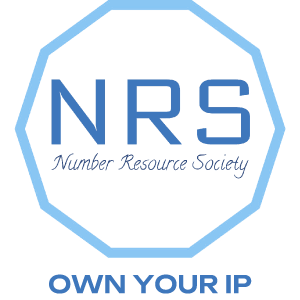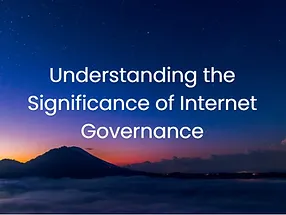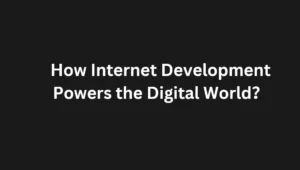Internet governance is about making decisions and policies for the Internet. Understanding the significance of Internet governance is important to because the Internet governance shapes the operations and the regulations governing online activity.
In plain speak, Internet governance determines who can use the Internet and how we use it. Governance can be used to address inequality or make that inequality even worse.
Governments, private companies, RIRs, and citizens play important roles in shaping how the Internet is governed.
The Multistakeholder Approach to Internet Governance
If governing the Internet is important and there are different parties involved, how do we ensure impartiality? This is where the multistakeholder approach fits in.
The Multistakeholder Model of Internet Governance allows all interested parties to have a say in the policies and rules that govern the Internet. Because the Internet is distributed globally, there is one country that can decide how it is run. Therefore, there is a need for private institutions and governments to work together. This inclusive approach promotes democracy and ensures that diverse voices are heard.
Main Players in Internet Governance
The following actors are involved in a multistakeholder approach to Internet governance:
International organizations, such IANA and the various RIRs, set global standards and promote cooperation between countries. The Internet Assigned Numbers Authority (IANA) manages all Internet assets globally. To enable a more efficient management of Internet resources, IANA passes down the authority and assets to Regional Internet Registries (RIRs). There are five RIRs in the world, each with their own geographical jurisdiction.
Governments enact and enforce internet-related laws. Because the Internet does not belong to a single institution or place, Internet laws are tricky at best. For example, Europe has an overreaching policy called General Data Protection Regulation (GPDR). It governs all EU countries. Meanwhile, the United States has a patchwork of various laws to govern Internet use across different states.
Private companies develop internet infrastructure and hold substantial online data. Big players are particularly influential in this realm. For example, how companies like Google and Facebook handle user data can generate ripple effects throughout the Internet community.
In the past years, misinformation on social media sites has been a major concern. How companies manage information on their platform contributes greatly to Internet governance.
Civil society organizations (like the Number Resource Society) advocate for transparency, accountability, and equal access to technology. Non-profits need to spread an understanding of the significance of Internet governance to help everyone create better decisions for their future.
Key Issues in Internet Governance
The Internet is a diverse space where a lot of different opinions clash.
The Internet needs more inclusion and a more diverse voice. Right now, Internet governance is not as democratic as it can be. For example, some RIRs make decisions behind closed doors without consulting the public. Or even worse, some RIRs are basically monopolistic systems that are commandeered by a small group of people.
To participate in internet governance, you can learn more about relevant issues, engage in local communities, attend public meetings, and communicate with elected officials. Engaging with tech companies and online platforms to advocate for data protection and free speech is another way that you can contribute.
The size and complexity of the Internet is increasing. The need for effective governance grows along with the size of the Internet and the way people integrate online transactions into their lives. We need the participation of various voices and viewpoints to create an open and accessible Internet. Your opinion matters in shaping the Internet.
The power to govern the Internet is tilted. End-users of the Internet, people like you, are under-represented when it comes to shaping policies. An excellent example is the case of social media policies.
Technology companies have a near absolute power to decide what they censor or show. Moreover, it’s often unclear to the public how personal data is kept secure and private. Encouraging private sector actors and civil society to take the lead in disclosures and standard development can pave the way for informed government regulation.
There is minimal participation from the youth. Technology significantly shapes the lives of young people. Yet they are almost excluded from the discussion.
Inclusive governance can address inequalities that technology might reinforce. The road to equality, across age groups, requires that Internet principles are centered on human rights and an open Internet for all.
We need to embrace an inclusive and transparent approach so that we can ensure the Internet remains a platform for sustainable development. Understanding the significance of Internet governance is the first step in this process.
Join the dialogue today. Contact NRS to know how your voice can help create an open Internet for all.





Pingback: 6 Ways Internet Governance Shapes the Landscape of Digital Businesses • AxiomQ